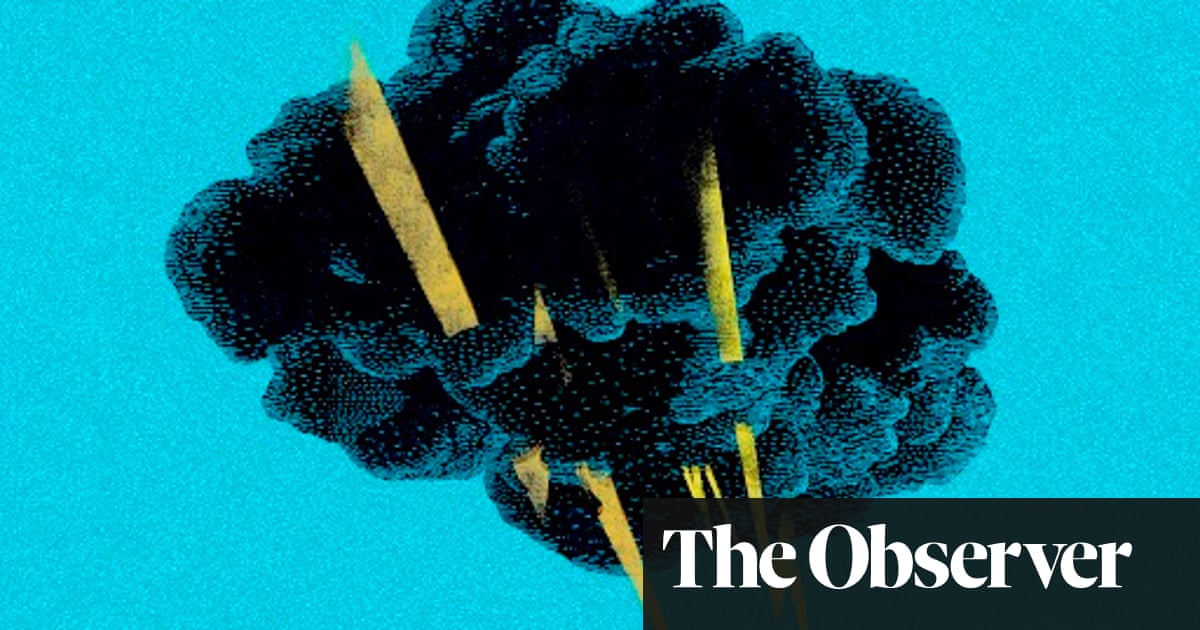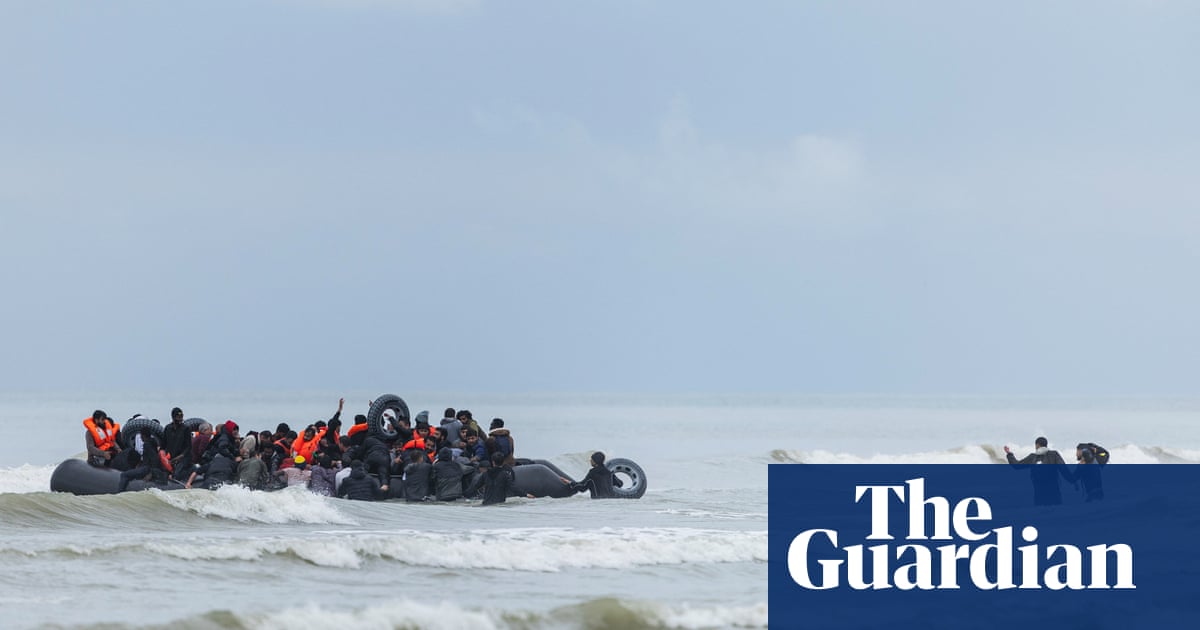Gus, an emperor penguin who gained international fame after travelling about 3,000km from Antarctica to the West Australian coast, is on his long way home after being released into the Southern Ocean.
Emperor penguins can travel up to 1,600km on foraging trips, when they hunt fish, squid and krill. So Gus’s arrival on Ocean Beach, Denmark, on 1 November sparked surprise.
Local wildlife carers Carole and Graham Biddulph looked after Gus during his 20-day “extraordinary stopover” before his release back into the Southern Ocean earlier this week.
In a Facebook post on Friday, WA’s Department of Biodiversity, Conservation and Attraction (DBCA) confirmed the release and said “farewell and safe travels to our royal overseas guest”.
Gus gained 3.5kg during its time in WA, the DBCA said, and passed several veterinary health checks before his release.
The Biddulphs, a vet, and a wildlife officer oversaw Gus’s return to the ocean from a boat off the WA coast on Wednesday.
“With warmer weather approaching, it was critical to return the penguin to its natural environment, where it can thrive and thermoregulate,” the DBCA said.
It said the Antarctic traveller was “ready to continue its epic journey” thanks to the Biddulph’s “amazing efforts”.
“Keep going south, Gus,” Carol Biddulph said in a video posted by the DBCA. “Don’t stop for anyone.”
Emperor penguins are the largest of the 18 penguin species, and can weigh up to 40kg.
Allow Facebook content?
This article includes content provided by Facebook. We ask for your permission before anything is loaded, as they may be using cookies and other technologies. To view this content, click 'Allow and continue'.
According to the Australian Antarctic Program, they are very social, and huddle together to keep warm.
The temperature inside a huddle can reach 24C.
“On a social level, huddling behaviour is an extraordinary act of cooperation in the face of common hardship,” the program says.
“Emperors take this to an extreme, taking turns to occupy the warmest and coldest positions in the huddle.
after newsletter promotion
“On windy days, those on the windward edge feel the cold more than those in the centre and down-wind. One by one they peel off the mob and shuffle, egg on feet, down the flanks of the huddle to join it again on the leeward side.
“They follow one another in a continuous procession, passing through the warm centre of the huddle and eventually returning back to the windward edge.”
The penguins are also insulated by layers of feathers and reserves of body fat – their feet have special fats that stop them from freezing, with strong, ice-gripping claws.
They are considered “near threatened”, are the only animals that breed during the Antarctic winter, when they “breed during the worst weather conditions on earth”.
Male emperors assume incubation duties, while parents share duties once chicks have hatched.
“He’s got a long journey home,” Biddulph said. “I’ve just got every confidence he’s going to make it. He’s a bird in a million.
“He’s fantastic.”

.png) 1 month ago
15
1 month ago
15













































